Have you ever hugged a loved one after a period of separation, squeezed them tight in your arms, and then were completely taken aback by the overwhelming wave of joy that took over you? Inexplicably, this embrace has now reduced all your problems to atoms. The psychology of love is confusing, but it’s one we love to feel.
This overwhelming feeling has inspired countless works of art since time immemorial. Despite our collective obsession with this bounty of emotions, it still feels like we know precious little about it.
Though we can’t guarantee a bite-sized crash course in the psychology of love, we can help you get acquainted with a few theories of love. With the help of psychotherapist Dr. Aman Bhonsle (Ph.D., PGDTA), who specializes in relationship counseling and Rational Emotive Behavior Therapy, let’s take a look at a few theories that might come in handy.
The Psychology Of Love And The Theories Around It
Table of Contents
Before you eagerly dive headfirst into the theories of love in an attempt to implement them into your equation, it’s important to understand that these are just templates, offered by a unique understanding of love according to those who authored them.
“The templates exist for those who are looking for a solution. Without proactiveness and a will to grow, I don’t think any relationship template can be seen as a silver bullet. There’s definitely value to be found in these theories, but it’s the application of the concept that gives the concept its relevance rather than just creating pie charts, diagrams and geometric shapes,” says Dr. Bhonsle.
And the application, as Dr. Bhonsle points out, isn’t always straightforward. “It’s the application of any template in life that’s the difference between success and failure, not its existence. Take, for example, the simple template of losing weight. On paper, you’ve just got to burn more calories than you eat, but if it were that easy to implement, we wouldn’t have obese people in our society.
“Moreover, how each person approaches a theory and views it is subjective. It’s like asking which color is the best color on earth. There’s no single answer. For example, I love the color red, and my house is filled with it. My friends may find that surprising and say it’s the color of negativity, but the subjective nature of the situation makes me appreciate the aesthetics of it more than others.
“Therefore, things like what constitutes a happy relationship and what constitutes a sad relationship can also be subjective to some degree. Granted, there are universal laws like trust, respect, sensitivity, communication, open-mindedness and a willingness to grow that govern the health of the relationship, but the point remains that it’s not so black and white.
“With that being said, the easiest way to understand the psychology of love is to be more honest and open about what you really want and your need to feel cared for. Only then can you make some headway,” he concludes.
Related Reading: The 7 Components Of Male Psychology During No-Contact Rule — Backed By An Expert
As you can probably tell, the psychology of relationships and love, and the theories that surround them aren’t the ultimate versions or a rulebook of what every relationship is supposed to look like. The female psychology of love may look different than the male, and there’s often no one-size-fits-all approach here.
But that’s not to say that the different types of love psychology can’t help us understand love a bit better. Now before you get confused any further, let’s do a little learning, shall we?
1. The five love languages
Of all the types of love psychology, this one is probably the most well-known. In his book The Five Love Languages, Dr. Gary Chapman listed the five love languages that a person may subconsciously adopt.
Love languages are essentially a way of communicating in a way that is familiar to a person. One partner may love receiving gifts, while the other really values quality time with a person. Understanding and working on your preferred methods of communication can help you grow together. Dr. Bhonsle helps us break them down:
Words of affirmation
“This love language is all about expressing care, regard and affection toward your partner through communication. Saying things like “I love you, I miss you, I care about you, you complete me,” that kind of stuff,” says Dr. Bhonlse.
“Some people love to hear it since it feels so reassuring. Perhaps there was a shortage of affirming words from their family while they were growing up, or they’ve just been starved of affection. Sometimes, just telling them that they mean the world to you is a beautiful way of creating that bond,” he adds.
Physical touch
“Things like giving your partner a shoulder massage, hugging them, putting your arm around their waist, holding their hand while driving a car, kissing each other for no reason. These physical acts of affection are usually not targeted to have any desired impact; they just show your partner that you acknowledge and love them,” says Dr. Bhonsle.
“These simple touches feel reassuring and are essentially a primal way of expressing affection. Even dogs and cats like it. Recite them a poem, they won’t care. Scratch him under his neck and he’ll know you love him,” he adds.
Gifts
“Giving your partner gifts is just a way of helping your partner accessorize their life adequately. If you know that your partner is keen on learning a musical instrument and you buy it for them, you’re essentially telling them through this gift how much you care about them,” says Dr. Bhonsle.
“It’s just about thoughtfully pushing certain products or services your partners’ way, to show them that you feed into their lives and requirements,” he adds.
It’s not too hard to see why this psychology of love is so successful and it’s definitely one you can implement immediately, assuming your partner cares about gifts in the first place.

Quality time
“Spending quality time with a partner can be as simple as planning special dates with a person, or just catching up with them and having a one-on-one chat with them. It’s another way of showing your partner that you have a special place in your schedule for them,” says Dr. Bhonsle.
Has your partner ever said something along the lines of, “I could spend all of my time here with you, there’s nothing else I want”? If they have, you can pretty confidently say that spending quality time with you is how they express and feel love.
Acts of service
Don’t worry; in the name of the theories of love, we’re not going to ask you to become your partner’s butler. But what’s a relationship without a few acts of service? After all, actions do speak louder than words.
“It’s basically being of use to your partner. Offering to walk the dog, driving her mother to the doctor, anything that may help your partner,” says Dr. Bhonsle.
Related Reading: How To Use Words Of Affirmation As A Love Language?
2. Attachment styles
Is your partner too clingy? Do they constantly need reassurance from you and overwhelm you with their wants and demands? Or perhaps they’re the complete opposite and their aloof nature makes you question how committed they are.
No, the female psychology of love or the male psychology might not have a part to play in how they express themselves in relationships. As it turns out, the reasons behind such varying styles of attachment in a relationship can be traced back to a person’s childhood and their relationships with their primary caregivers.
Attachment styles are subconsciously formed from a young age and often dictate how a person acts in a relationship. Let’s quickly take a look at the commonly recognized attachment styles and how they play into the theories of love:
- Secure attachment style: People displaying this style typically had a good relationship with their primary caregivers and hence tend to be more holistic in relationships than people of other styles
- Avoidant-dismissive attachment style: People who are emotionally distant from their partners and those who value their freedom over anything else. Usually established when people have unavailable parents
- Anxious-ambivalent attachment style: The classic case of clingy, anxious and doubtful lovers. Such partners had ambivalent parents themselves, who probably couldn’t fill in the role of a complete parent
- Disorganized attachment style: The type of people who experienced abuse while growing up, hence continue to feel unsafe or frightened. They may feel unworthy of any affection and tend to seek drama
Of course, as Dr. Bhonsle pointed out in the beginning of this article, these aspects of the psychology of love and how humans interact with each other are templates, not necessarily the letter of the law.
3. Compassionate vs passionate love
It’s no surprise that not all kinds of love feel the same. The electrifying, exciting, can’t-keep-our-hands-off-each-other kind of love we see in the movies is probably best defined as infatuation.
On the other hand, the love you share with a partner after a decade of being together can’t really be defined as can’t-keep-our-hands-off-each-other, can it? Broadly classifying the kinds of love into two parts, psychologist Elaine Hatfield split them for us: compassionate and passionate love.
“Compassionate love is the love that centers around empathy in your relationship,” says Dr. Bhonsle, breaking the two types down for us. “Passionate love, on the other hand, is where the fascination is the idea of it. You’re fascinated with the idea of date nights and chocolates and wines and beach picnics. You’re obsessed with the embellishments of love, rather than the character of it.”
“The character of love is reciprocity and respect, and a genuine willingness to do good for someone. Love, in many ways, can also be seen as the ultimate benevolence. An act of giving, so effortlessly and so honestly, that it doesn’t have to compute, it has to simply exist and move in the desired direction of happiness and change,” he concludes.
The psychology of true love, when put so directly, definitely makes you think about what you have with your partner. Is yours just a fleeting fire that’s going to burn out as quickly as it was sparked, or is it more like the eternal flame, so to speak?

4. The triangular theory of love
This theory talks about the psychology of love in a similar way to the earlier point, but adds a few different aspects into the mix. According to psychologist Robert Sternberg, love is basically based on three different scales:
- Intimacy
- Passion
- Commitment
The basis of this theory is that each combination of these aspects results in a different kind of love. For example, romantic love may feature emotional intimacy and passion, but can sometimes be devoid of commitment. A “fatuous” love may feature passion and commitment, but no intimacy.
Related Reading: Science Of Scent: This Is Why You Have To Smell Good To Attract Attention
The psychology of relationships and love is complex and though this triangular theory of love might just make you think about the bond you share with your partner, it’s definitely not the ultimate diagnosis of your relationship.
Of all the types of love psychology there are, we’d argue the one that fits best is what you feel. Dr. Bhonsle leaves us with his version of what the psychology of true love should look like:
“The psychology of love is as simple as doing things that are sustainable in the long run. If you’re not able to keep up with some part of it or the other, the jig will be up sooner or later. It’s vital to be who you are and that you strive to be the best version of yourself.
“If something that you’re doing is hurting you, hurting your partner, or worse, hurting the relationship, then you’ll quickly need to look into it and get the help you need, which you may not find in your friend circle or your family. Enlisting the help of counselors is always beneficial in such scenarios,” he concludes.
If it’s help you’re looking for to make sure that your relationship is the best it can be, Bonobology has a multitude of experienced counselors who’d love to help you, including Dr. Aman Bhonsle himself.
Now that you’ve read up on the psychology of love, try not to obsess over dissecting the intricacies of your relationship. The best way to experience love is to do it authentically. Let it come to you, and when it does, make sure you do all you can to reciprocate. Sometimes all you need is intuition, not a pie chart.
FAQs
The psychology behind falling in love is hardwired into our brains. We have an innate desire to fall in love and experience a close bond with someone, and the biological need to procreate. This in turn is supplemented by the feel-good neurochemicals that flood our brain when a romance begins to flourish.
Ever wonder why the sky looks bluer and you start sweating more during the initial stages of love? The psychological impacts of love can affect your body in several ways. The influx of dopamine and serotonin leads to decreased stress, improved mood, a strong sexual desire, and a feeling of calm serenity — till the first fight rolls around!
The theories of love in psychology include the theories of love languages, the theory of attachment styles, the theory of the types of love, the triangular theory of love among others.
The Foundation Of Your Relationship Is Weak, If You Can See These 8 Signs
Your contribution does not constitute a charitable donation. It will allow Bonobology to continue bringing you new and up-to-date information in our pursuit of helping anyone in the world to learn how to do anything.



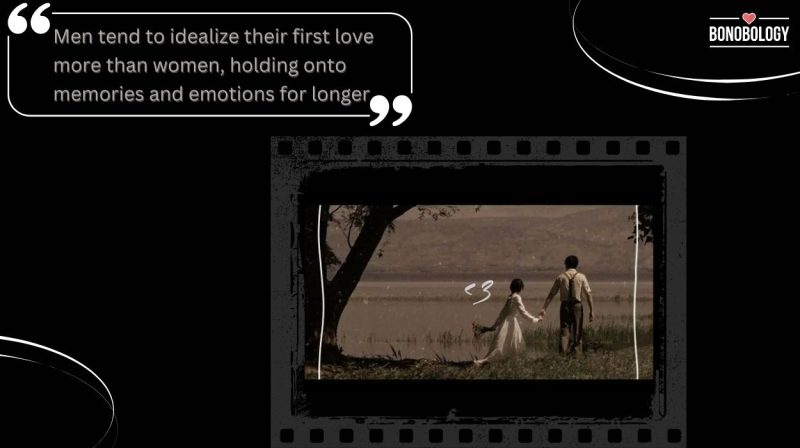
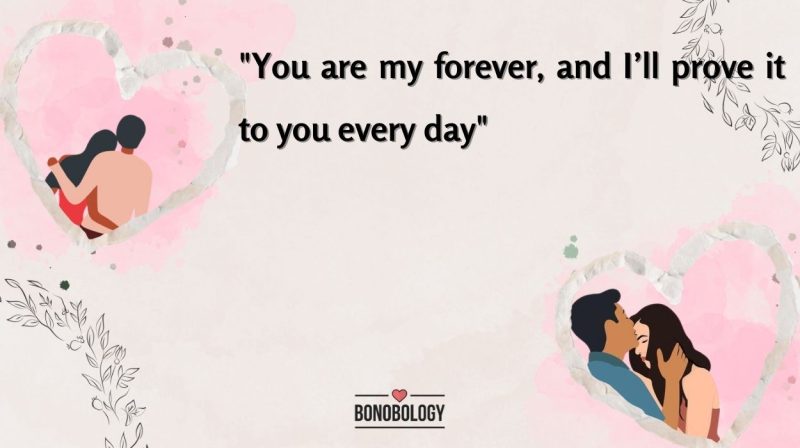
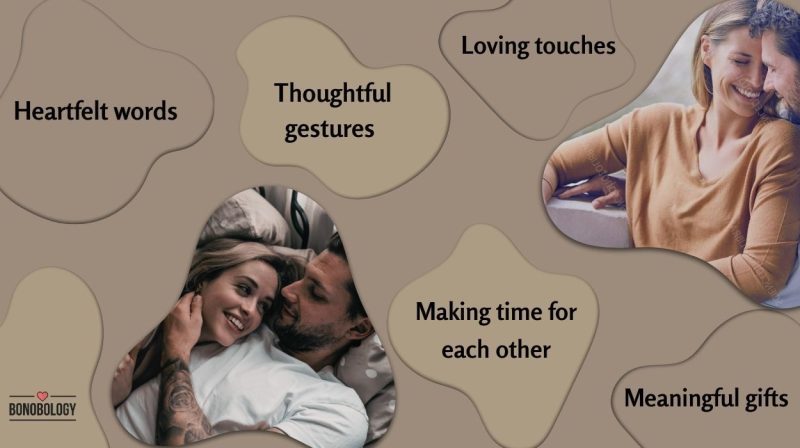
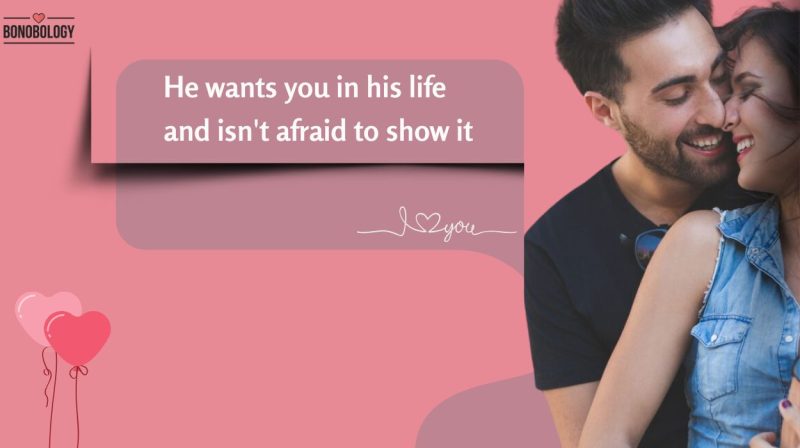
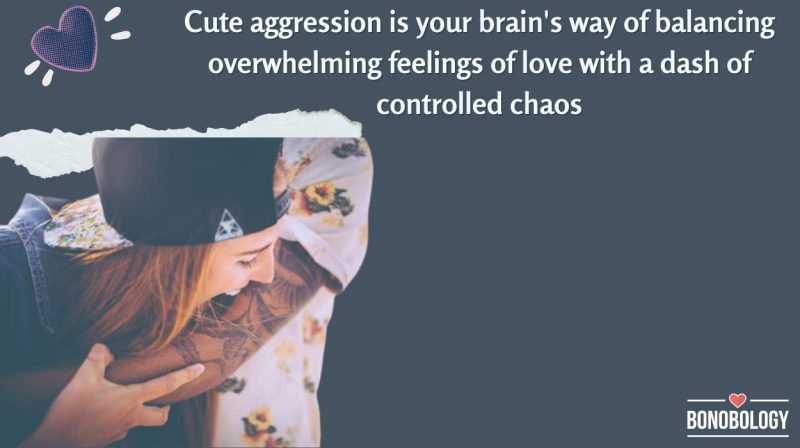
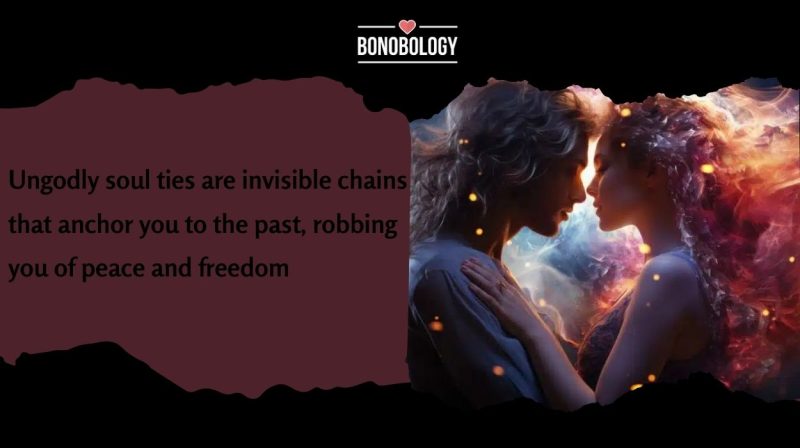

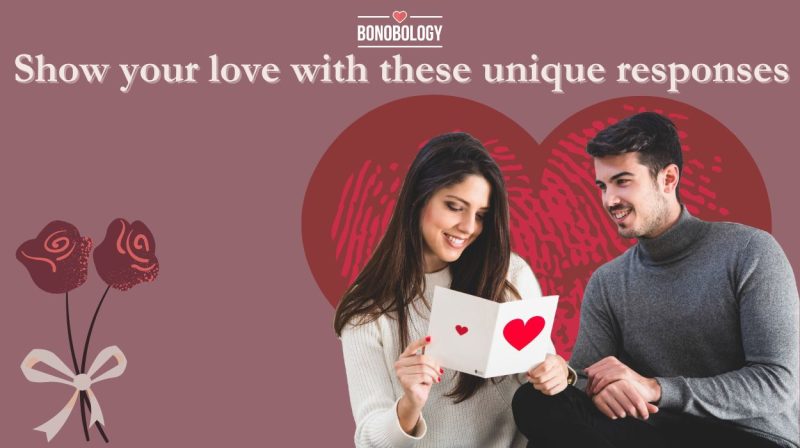
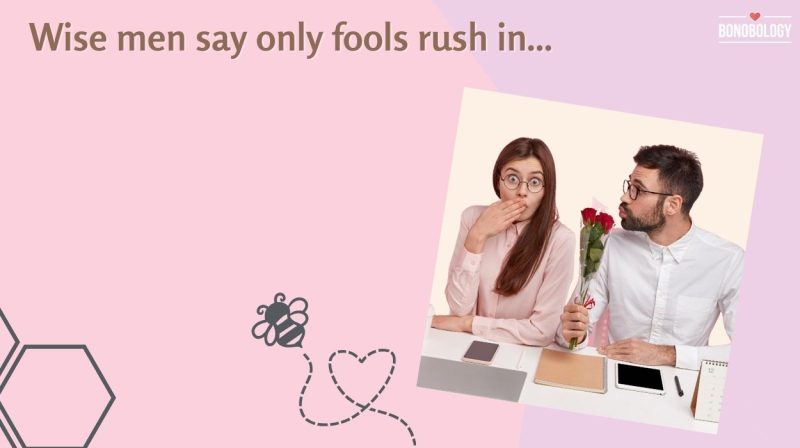
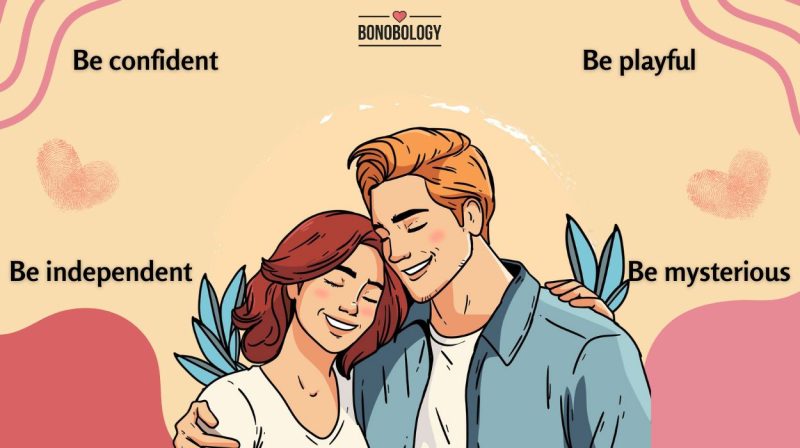

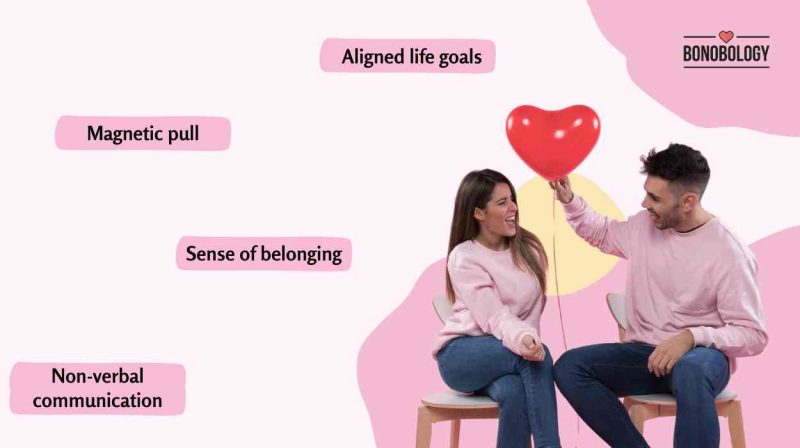

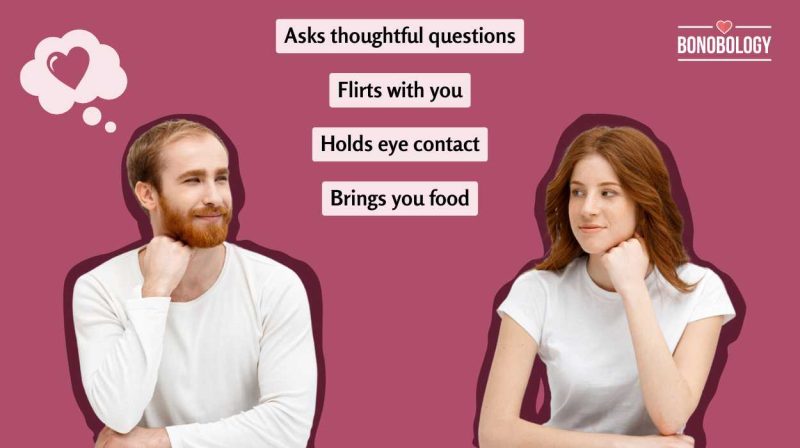

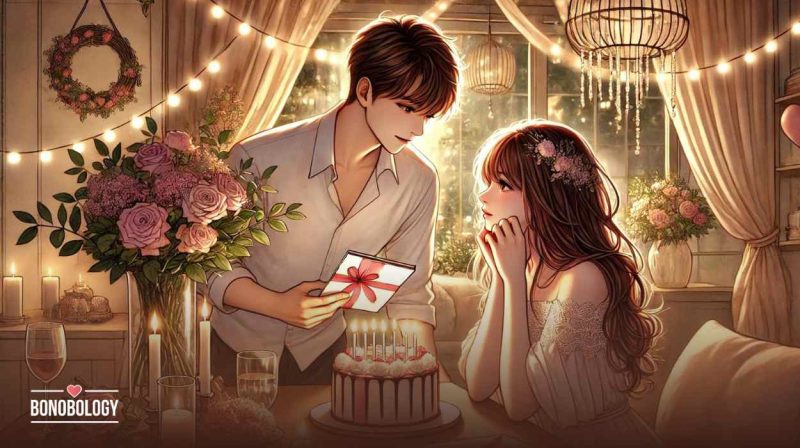

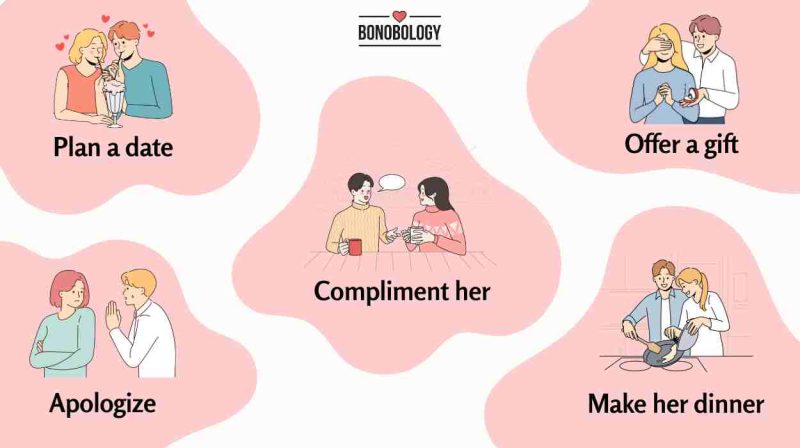
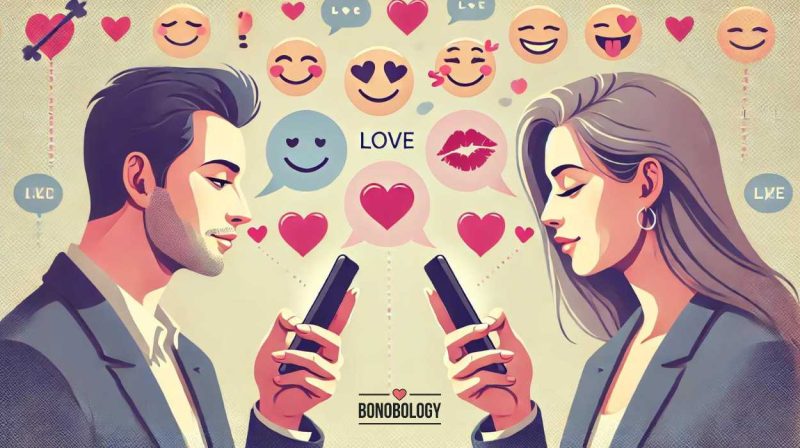

Featured
First Love Theory: Is It True Men Never Forget Their First?
Looking For Words To Make Her Trust You? 300 Ideas
What Is Affection In A Relationship And How To Show It
21 Undeniable Signs A Guy Is Claiming You
Why Do I Want To Bite My Boyfriend? The Psychology Behind It
Ungodly Soul Ties Keeping You Stuck? Learn How To Break Them
How To Feel Confident During Your First Sex Experience
200+ Creative Responses To “I Love You”
15 Things to Consider Before Making a Relationship Official
How To Make Him Obsessed With You: 21 Smart Tips
10 Best Apps for Long-Distance Relationships
21 Signs You Have An Unexplainable Connection With Someone
150 Words Of Affirmation Examples To Cement Your Bond
7 Obvious Signs He Likes You, As Per A Relationship Expert
How To Manifest Someone To Be Obsessed With You
100 Romantic Birthday Wishes To Make Your SO’s Day Extra Special
200 Romantic Text Messages That Will Make Her Want You Badly
How To Make It Up To Your Girlfriend: 20 Effective Ideas
Emoji Love Texts: 15 Creative Ways to Express Your Feelings
30 Romantic Emoji Meanings — Decoded for You